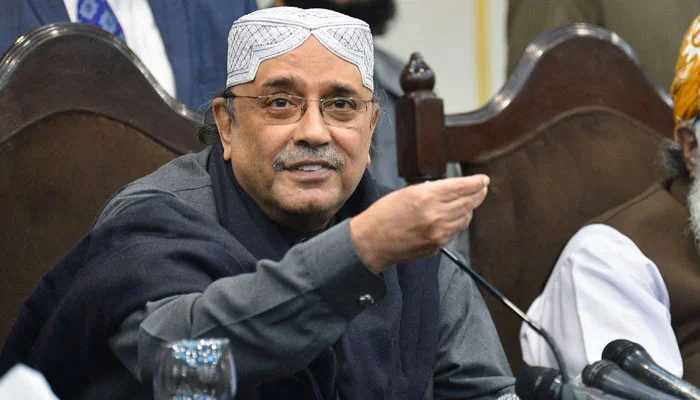Introduction:
Selecting the right leader through elections is a crucial aspect of any democratic society. Elections provide citizens with the opportunity to voice their opinions and make informed decisions about the individuals who will guide their community, region, or nation. This article explores the key factors that contribute to choosing the best leader through the electoral process.
- Qualifications and Competence:
- A leader should possess the necessary qualifications and competence to effectively address the challenges faced by the community or nation.
- Voters should evaluate candidates based on their education, experience, and track record in leadership roles.
- Vision and Goals:
- The best leaders have a clear vision for the future and specific goals to achieve that vision.
- Voters should assess a candidate’s ability to articulate a compelling vision and set achievable objectives for the betterment of society.
- Integrity and Ethical Standards:
- A leader’s integrity is paramount. Voters should consider a candidate’s ethical standards, honesty, and commitment to transparency.
- Candidates with a history of ethical behavior are more likely to uphold the values of the community they serve.
- Communication Skills:
- Effective communication is crucial for a leader to convey ideas, policies, and decisions to the public.
- Voters should evaluate a candidate’s communication skills, including their ability to listen to diverse perspectives and engage in constructive dialogue.
- Inclusivity and Representation:
- A good leader represents the diversity of their constituency and ensures that all voices are heard.
- Voters should assess a candidate’s commitment to inclusivity, diversity, and their track record in representing the interests of various groups within the community.
- Problem-Solving Abilities:
- Leaders must be adept at solving complex problems and making tough decisions for the benefit of the community.
- Voters should consider a candidate’s ability to analyze issues, propose effective solutions, and collaborate with others to implement change.
- Empathy and Compassion:
- Empathetic leaders understand the needs and concerns of their constituents.
- Voters should evaluate a candidate’s capacity for empathy and their commitment to addressing the well-being of the community.
- Track Record and Accountability:
- A leader’s past performance and accountability for their actions are crucial indicators of future behavior.
- Voters should examine a candidate’s track record, including their response to challenges and willingness to take responsibility for their decisions.
Conclusion:
In conclusion, the process of choosing the best leader through elections involves careful consideration of various factors. Voters play a crucial role in shaping the future of their community or nation by making informed decisions based on a candidate’s qualifications, vision, integrity, communication skills, inclusivity, problem-solving abilities, empathy, and accountability. By actively participating in the democratic process, citizens contribute to the establishment of strong and effective leadership that can guide society towards progress and prosperity.
– Rehana Tabassum
PNP Election Cell
This post has been submitted by one of our interns. PNP Internship Program is an exciting career opportunity for Pakistani university students to get hands-on valuable experience required in national and international job market.
In order to ensure transparency, accuracy and accountability to our readership, please report whenever any error found or need to clarify /correct the post.



